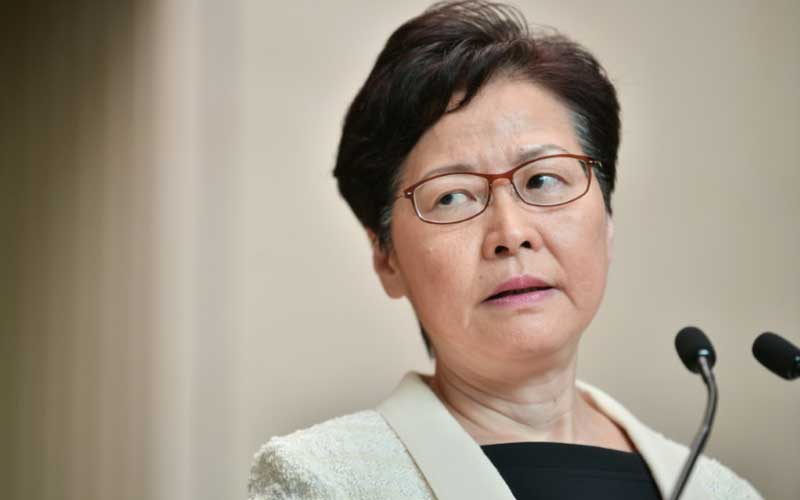×
The Standard e-Paper
Fearless, Trusted News

Hong Kong's leader told lawmakers Wednesday she will permanently shelve an extradition bill that triggered three months of pro-democracy protests, a politician who was in the briefing told AFP.
Carrie Lam, the city's chief executive, told a group of pro-Beijing lawmakers on Wednesday afternoon that she would withdraw the legislation, Felix Chung said.